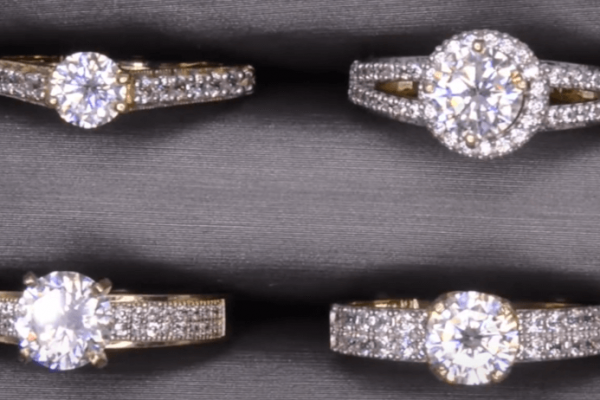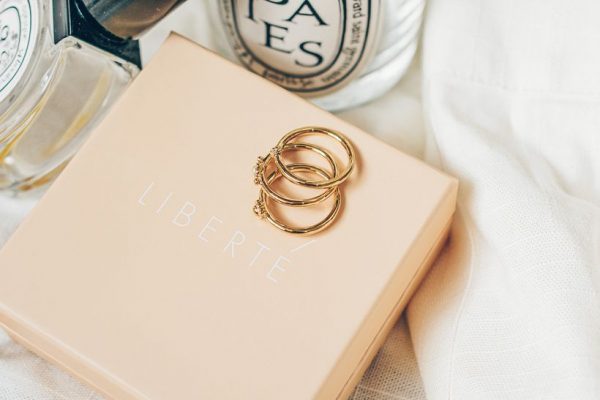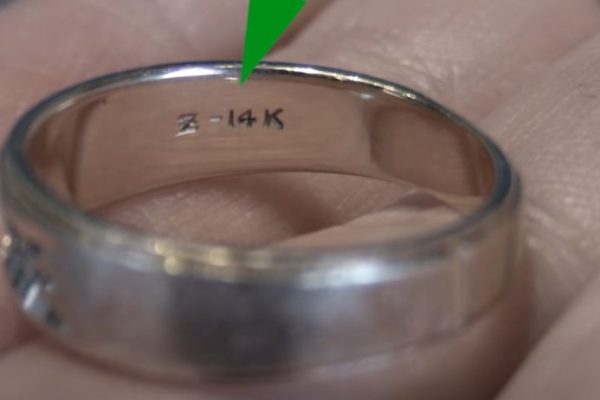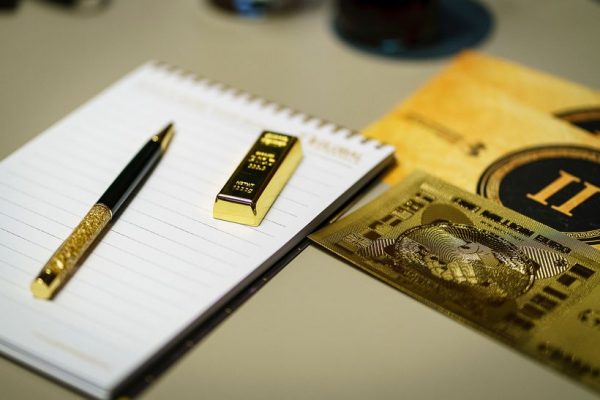Purchasing gold is a great way to protect your wealth, but it’s important to understand the laws around reporting gold purchases. In the United States, there are a number of laws that govern how and when you need to report the purchase of gold.
So, how much gold can you buy without reporting? The amount of gold you can purchase without reporting to the IRS depends on a number of factors, including the way you purchase it, the time frame you make your purchase, and whether or not you are a dealer. Generally speaking, though, you can buy up to $10,000 worth of gold per year without having to report it to the IRS.
How Much Gold Can You Buy Without Reporting?
First, you’ll have to differentiate between buying for personal use or in a business transaction. Then whether payment is with cash or by check.
If you’re buying gold with cash, then the limit is $10,000 per year without having to report it to the IRS. However, if you’re buying with a check, that limit jumps up. The legal definition of cash is important here — a cashier’s check over $10,000 isn’t considered cash, and so doesn’t fall under this limit.
If the transaction is between you and a dealer then it’ll have to be reported once it exceeds the stipulated amount. However, if you’re buying it from somebody you know or a family member, you generally don’t have to report it.
This is because there are different rules for dealers and non-dealers.

Gold IRS Reporting Requirements
The purpose of reporting cash payments over $10,000 is to help the government track large transactions and prevent money laundering.
There are no specific IRS reporting requirements for gold purchases per se. However, if you buy gold with cash as part of a business transaction and the purchase price is more than $10,000, you would need to report the transaction on Form 8300.
The requirements involve you filling out Form 8300 when you have reached the maximum threshold of $10,000. This form provides information on large cash transactions to the IRS and the Financial Crimes Enforcement Network (FinCEN), which helps to combat money laundering. The form must include your name, address, social security number and driver’s license number. If you do not have a driver’s license, then your state ID number will suffice.
You don’t have to go all the way to IRS offices to fill out the form. The form can be accessed and filled out online on the website of the Internal Revenue Service. There is a helpful guide on the website that will walk you through each step of the process.
Real Gold Ownership Document
If you’re buying gold, you’ll need the certification of ownership to keep with your bullion. This document proves that you are the legal owner of the gold and can possess, trade, or gift it as you please.
When the US dollar was tied to the gold standard, anyone who owned a gold certificate could go to the bank and trade it for an equivalent amount of physical gold. Gold certificates are still issued today, but they are now mostly used as proof of ownership for investors who have their gold stored by a bank.
The US abandoned the gold standard in 1933 but continued to issue gold certificates until 1968. After that, they became collectors’ items. You can still purchase them on eBay, but they will usually run you anywhere from $10 to $200 or more depending on their age and rarity.
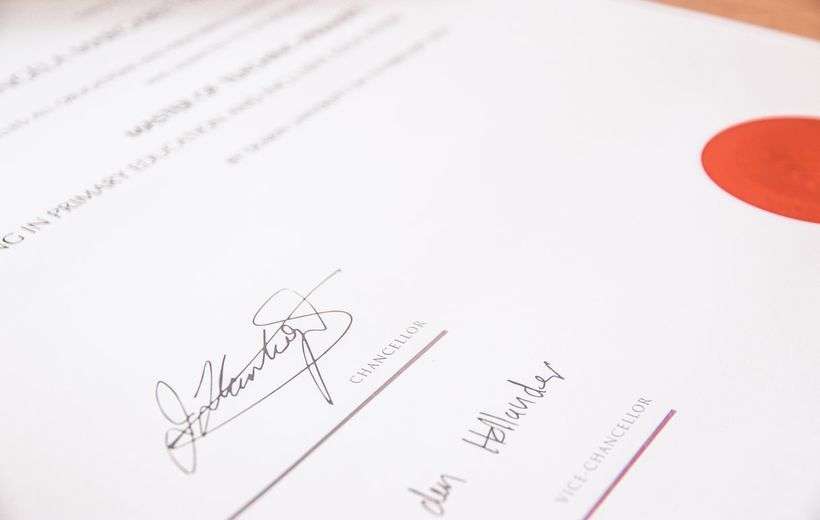
Can I Buy Gold From The US Government?
Yes, you can buy gold from the US government, but there are a few things you should know before you do.
The US government sells gold through its Mint system, and you can buy it in different forms, such as coins or bullion. You can also buy gold certificates, which are essentially IOUs from the government that represents physical gold reserves.
However, buying gold from the government can be expensive, and the premiums over the market price of gold can be quite high. So, if you’re interested in buying gold from the US government, be sure to do your research and compare prices before making a purchase.
How to buy gold from the US Government? Here’s the process:
- Go to the United States Mint website and create an account.
- Browse the products and choose the one you want.
- Enter your shipping information.
- Confirm your purchase.
- Wait for your product to arrive.
Do Coin Dealers Report Sales To IRS?
Yes, coin dealers are required to report sales to the IRS pursuant to federal tax laws. The IRS requires dealers in certain types of goods and services to report transactions that exceed a certain value. This reporting requirement helps the IRS ensure that everyone who is required to pay taxes does so, and also helps the agency keep track of the flow of money throughout the economy.
Coin dealers are also responsible for paying capital gains taxes on the profits they earn from the sale of coins. The rate of capital gains tax varies depending on the taxpayer’s income level and other factors. However, in most cases, it is lower than the rate of income tax. This means that coin dealers who sell their coins for a profit generally pay less tax overall than they would if they earned that profit through other means.
Final words
Buying gold is a great way to protect your money during tough economic times. Not only is gold a tangible asset that can be stored and retrieved relatively easily, but it is also a valuable commodity that has historically held its worth even when other investments have tanked. The amount of gold you can buy before you have to report it to the IRS depends on the type of gold you purchase and where you live. Generally, you can buy up to $10,000 worth of gold coins or bullion before you have to report it to the government. So if you’re looking for a safe and reliable investment option, consider buying some gold.

